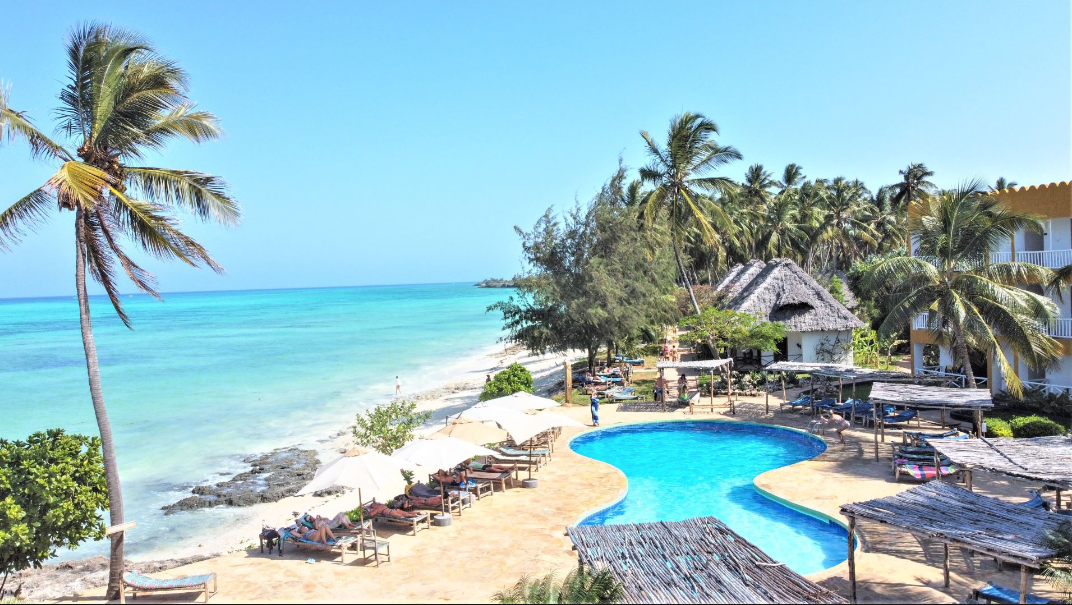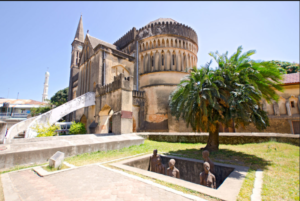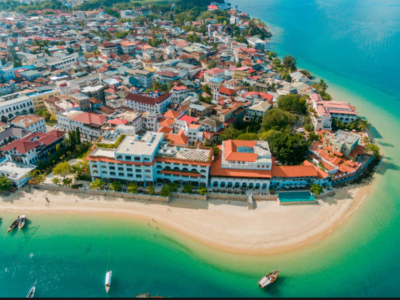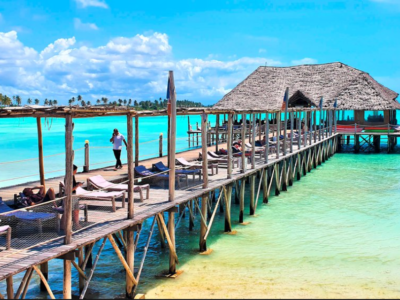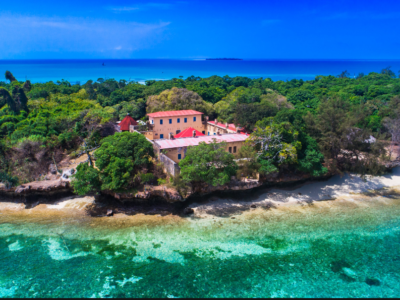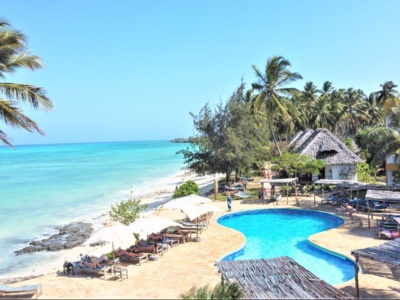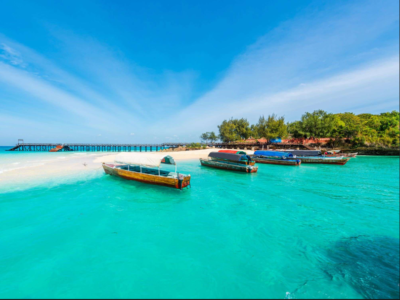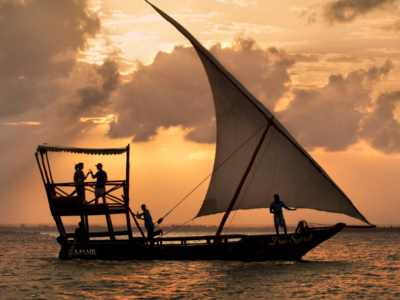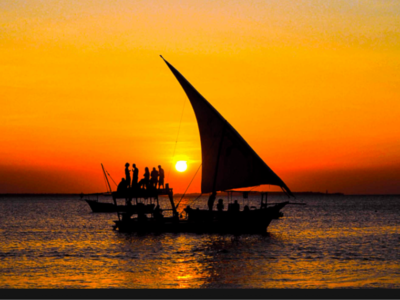Culture and history info
Zanzibar’s history was greatly shaped by its geography, the prevailing winds of the region placing it directly on the Indian Ocean trade routes and making it accessible to both traders and colonists from Arabia, south Asia, and the African mainland. The first immigrants were the Africans; the next were the Persians, who began to land in Zanzibar in the 10th century and who, over a brief period, became absorbed into the local population and disappeared as a separate group. Their influence was left in the gradual consolidation of disparate villages and rural populations into what came to be recognized as two peoples, the Hadimu and the Tumbatu. This African-Persian population converted to Islam and adopted many Persian traditions. (Even today, most of Zanzibar’s African population calls itself “Shirazi,” in echo of the ancient Persian principality of Shīrāz, from which the earliest Persians came.)
Arabs had the deepest influence on Zanzibar, because the island’s position made it a perfect entrepôt for Arabs mounting slave expeditions into Africa and conducting oceangoing commerce. Arabs from Oman became especially important, for they began establishing colonies of merchants and landowners in Zanzibar. Eventually they became the aristocracy of the island.
The Portuguese then came in the 16th century and conquered all the seaports on the eastern African coast, including Mombasa, the richest and most powerful, as well as such islands as Zanzibar and parts of the Arabian coast, including the Omani capital of Muscat. The purpose of the Portuguese, however, was largely commercial rather than politically imperial, and, when their power dwindled in the course of the 17th century, they left few marks of their stay.
The Omani Arabs, who expelled the Portuguese from Muscat in 1650 and were the leading force against them in the entire region, gradually established at least nominal control over many settlements, including Zanzibar. After a lengthy turmoil of dynastic wars and losses and gains on the African coast, the ruling sultan of Oman, Saʿīd ibn Sulṭān, decided to relocate his capital from Muscat to Zanzibar. The rapid expansion of the slave trade in the late 18th and early 19th centuries, caused by the demand for plantation slaves in North and South America, made Zanzibar central to the slave (as well as the ivory) trade routes into the interior of Africa. Zanzibar itself also had significant resources of coconuts, cloves, and foodstuffs. The sultan of Oman made it his capital in 1832.
In 1861 Zanzibar was separated from Oman and became an independent sultanate, which controlled the vast African domains acquired by Saʿīd. Under the sultan Barghash (reigned 1870–88), however, Great Britain and Germany divided most of Zanzibar’s territory on the African mainland between them and secured economic control over the remaining coastal strip. In 1890 the British proclaimed a protectorate over Zanzibar itself, which lasted for more than 70 years; the sultan’s authority was reduced and the slave trade curtailed. During that time most sultans were aligned with the British. One notable exception was Khālid ibn Barghash, who seized the throne upon the death of his uncle, Ḥamad ibn Thuwayn, on August 25, 1896. The British, interested in installing their own candidate as sultan, issued an ultimatum to Khālid: either stand down by 9:00 AM on August 27 or be at war with Great Britian. Khālid refused to step down, and the Anglo-Zanzibar War began. The brief battle between Khālid’s supporters and the British Royal Navy took less than an hour and is considered the shortest war in recorded history. After Khālid’s defeat, the British-supported Ḥamud ibn Moḥammed was installed as sultan.
In 1963 the sultanate regained its independence, becoming a member of the British Commonwealth. In January 1964 a revolt by leftists overthrew the sultanate and established a republic. The revolution marked the overthrow of the island’s long-established Arab ruling class by the Africans, who were the majority of the population. In April the presidents of Zanzibar and Tanganyika signed an act of union of their two countries, creating what later in the year was named Tanzania.

